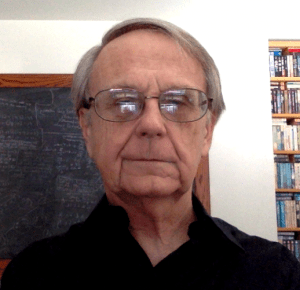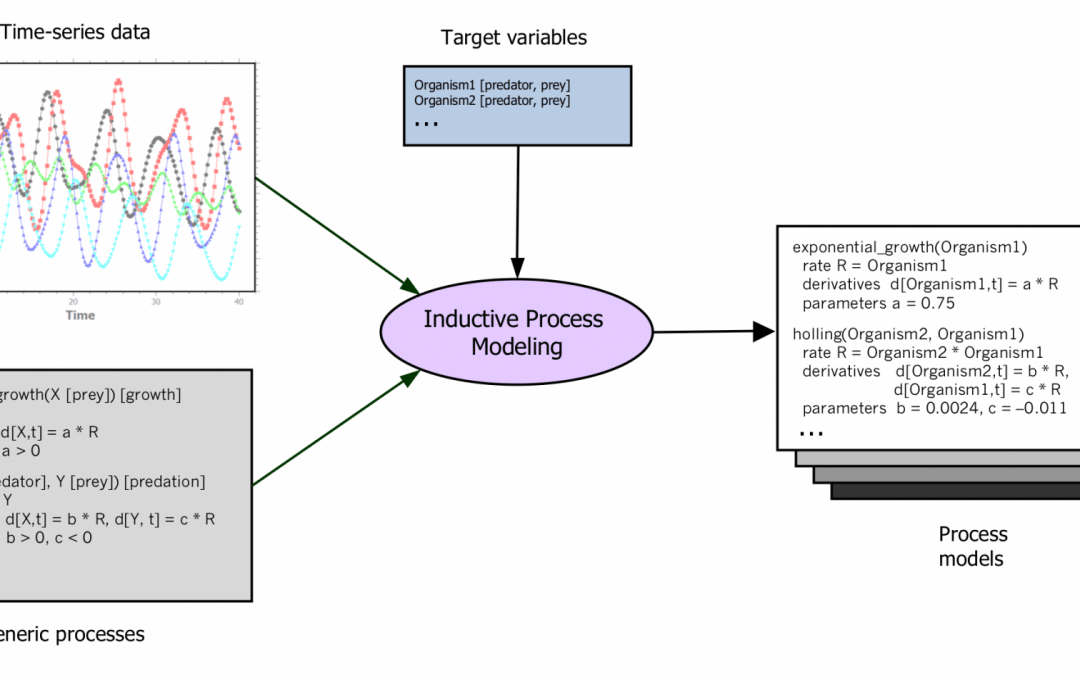Short Bio

Dr. Pat Langley serves as Director of the Institute for the Study of Learning and Expertise and as a Research Scientist at Stanford University’s Center for Design Research. He has contributed to AI and cognitive science for more than 40 years, having published over 300 papers and five books on these topics. Dr. Langley developed some of the first computational approaches to scientific knowledge discovery, and he was an early champion of experimental studies of machine learning and its application to real-world problems. He is the founding editor of two journals, Machine Learning in 1986 and Advances in Cognitive Systems in 2012, and he is a Fellow of both AAAI and the Cognitive Science Society. Dr. Langley‘s current research focuses on architectures for embodied agents, abductive methods for plan understanding, and learning procedures from written instructions.
Abstract
Scientific discovery was long viewed as a uniquely human creative activity, but digital computers have now reproduced many facets of this process. In this talk, I examine previous research on this problem, which posits that discovery involves heuristic search through a space of candidate laws or models, and that this search is guided both by regularities in data and by domain knowledge. I recount early efforts on inducing numeric laws – equation discovery – and briefly review work on constructing qualitative explanatory models. Both paradigms differ from mainstream machine learning and data mining in their reliance on established scientific formalisms. After this, I address the challenge of inductive process modeling, which requires combining these two frameworks. This new paradigm encodes models as sets of processes with associated differential equations, infers these models from multivariate time series, and uses background knowledge to aid in their construction. I present results of this approach on data sets from ecology and environmental science, showing it produces both accurate and interpretable models. I also report recent extensions that produce more accurate fits and that scale far better to model complexity. In closing, I discuss open challenges for research on scientific discovery, along with other recent work on the topic.This talk describes joint work with Kevin Arrigo, Adam Arvay, Will Bridewell, Saso Dzeroski, Ljupco Todorovski, and others. Papers are available at http://www.isle.org/process/.
RSVP
If you want to join this seminar, please leave your name and email below, you will get the Zoom link once you click submit.

